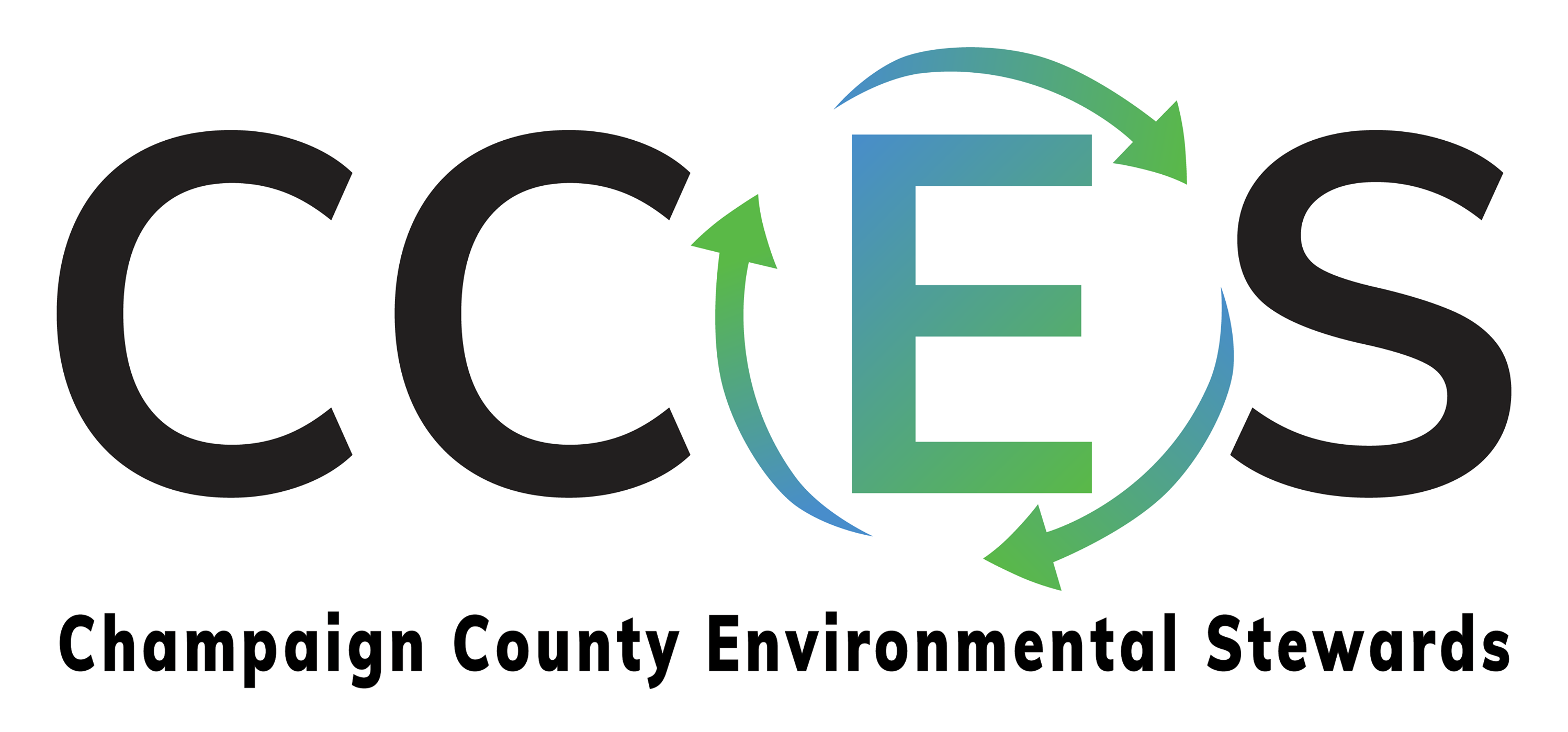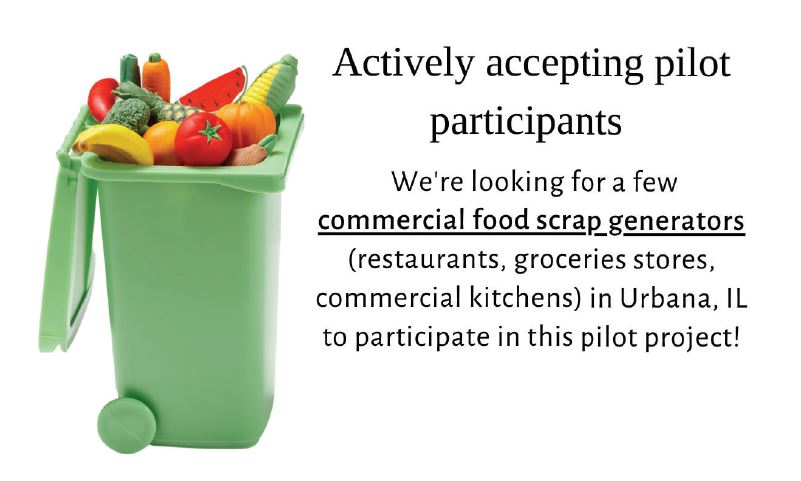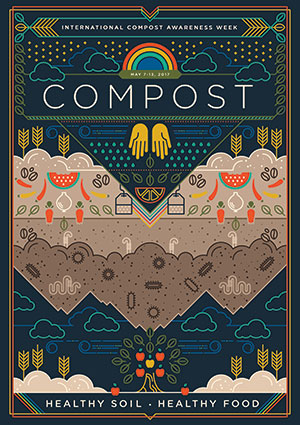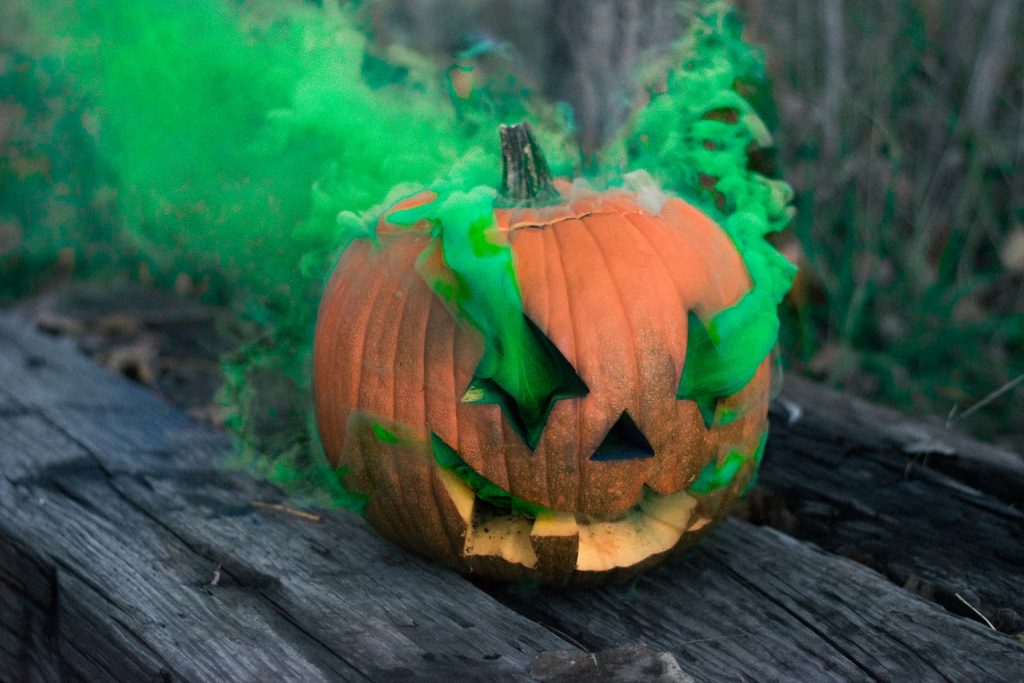
What do the members of the ISTC Technical Assistance Program’s zero waste team fear the most? Unnecessary waste! Think about all the products and packaging sent off to be prematurely buried in landfills before their useful “lives” are truly over–it makes our blood run cold. To avoid being haunted by the ghosts of poorly managed materials, check out the following Halloween waste diversion programs to keep waste out of landfills.
Please note that links and/or mentions of organizations or businesses are provided for informational purposes only and should not be construed as endorsements by the Technical Assistance Program, ISTC, the Prairie Research Institute, or the University of Illinois.
Pumpkin Smash Events
Did you know that IL leads the nation in production of pumpkins? Did you further know that pumpkins are mostly water? A great deal of labor, land, water, and other resources are invested in growing, harvesting, and distributing pumpkins in our state, and many of them end up being used for brief decorations that may wind up in landfills after Halloween has passed.
Pumpkin “Smash” events are events to collect jack-o-lanterns and other pumpkins for composting. They’re held on the Saturday after Halloween (November 5th this year), and may involve fun activities in which people can “smash” their pumpkins by throwing them into a designated dumpster or compost heap. Some events even involve pumpkin “chucking” with catapults! SCARCE has helped Pumpkin Smashes grow to over 59 sites across IL since 2014, and their efforts have even inspired communities outside of IL to host their own pumpkin collections. According to the SCARCE website, the 2021 Pumpkin Smash events collectively composted over 242 tons of pumpkins! See https://www.scarce.org/pumpkins/ for more information, including a map of registered events in the state, a guide for hosting a Pumpkin Smash to help with planning for next year, a form to register your local event so it will be included on the aforementioned map, and example flyers and other resources to help spread the word. See this recent Illinois Food Scrap Coalition blog post and flyer developed by Go Green Winnetka for further information.
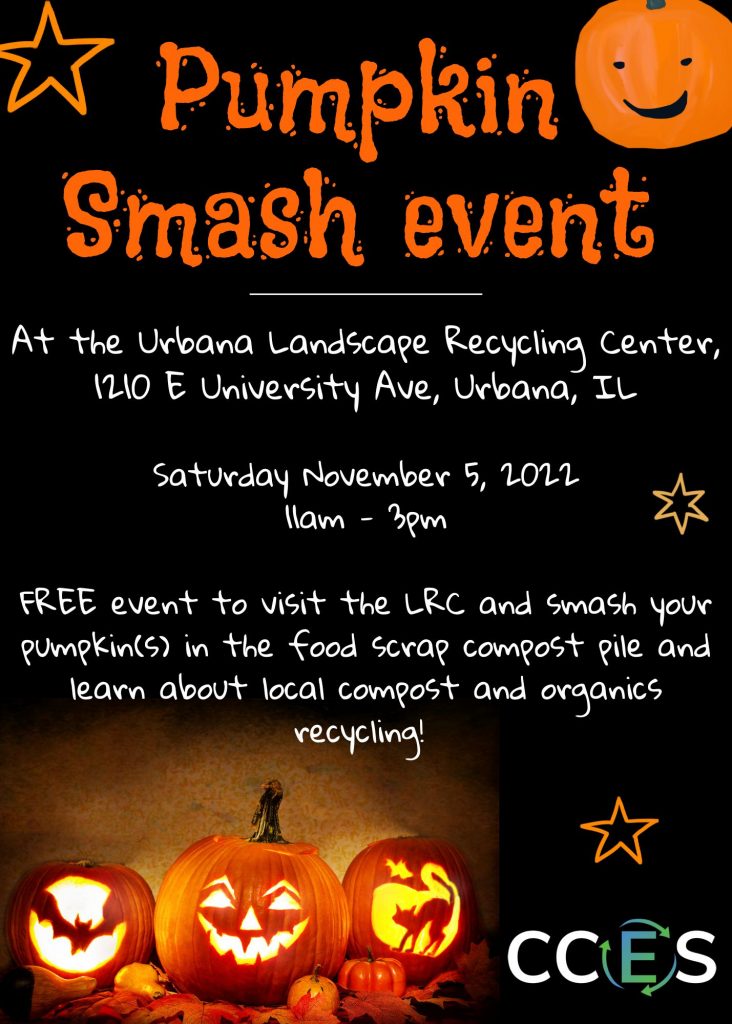
Candy Wrapper Recycling Programs
When you’re hosting a Halloween party or having kids trick-or-treat at the homes of people you know and trust, there are opportunities to pass out/receive homemade or minimally-packaged bulk treats and reduce the amount of plastic packaging associated with Halloween festivities. However, the reality is that many people pass out candy to or collect candy from strangers; plus, many of us like to purchase Halloween candy to share with coworkers or our family during the month of October as part of celebrating. The result is lots of plastic packaging ending up in landfills because such material is not collected in typical recycling programs because the form or components of the packaging make them difficult to recycle. There are however, a couple of options that can help divert the seasonal increase in candy wrappers from the landfill.
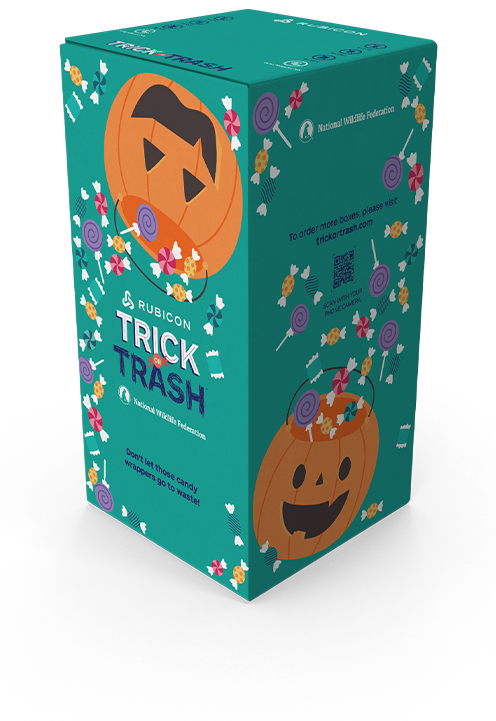
Rubicon, in collaboration with the National Wildlife Foundation, annually offers a Trick or Trash program, in which schools, independent small businesses, and community organizations can order FREE candy wrapper collection boxes. Organizations receive their collection boxes through the UPS Carbon Neutral Shipment program, set them up and collect wrappers until their box is full. Then, boxes are sealed and mailed back using a pre-affixed label. Each participating organization gets a certificate of recycling confirming how many wrappers they diverted from landfill. The recycled plastic can be used to make “doggie bags” used at animal shelters for animal waste collection. See https://www.rubicon.com/trick-or-trash/how-it-works/ for more information, and https://www.rubicon.com/trick-or-trash/#block_5aee8cc625f6cfa2532fd2b387a4e675 to order a free box. Educational materials, including lesson plans, are available at https://www.rubicon.com/trick-or-trash/education/. Note that teachers and organizations are limited to one free box to ensure that more people across the country can participate, and you should allow at least a week for shipping. So if you order a free box now, you might plan to collect wrappers right after Halloween, rather than at Halloween events. Individuals or larger business might choose to purchase a box for participation.
TerraCycle also sells “zero waste boxes” for various hard-to-recycle waste streams, including candy and snack wrapper zero waste boxes. That company also collaborates with various Subaru locations nationwide that host collection boxes for items including disposable cups, lids, straws, candy and snack wrappers, and coffee and creamer capsules. Learn more on the TerraCycle Subaru Loves the Earth web page and search for a participating location near you.
Learn more about reducing and reusing on Halloween
- Most people have thought of checking thrift stores for reused costumes or costume elements, and parents of multiple kids know the beauty of hand-me-downs. But did you know that the second Saturday in October is National Costume Swap Day? Make plans to check online for costume swaps in your area next year, or consider organizing your own event. Alternatively, The Halloween Helpers is a non-profit organization that provides gently used costumes to other non-profit agencies that serve children. Check out their website for information on hosting or participating in a costume drive. A similar group, ‘WEEN Dream, is a non-profit that gives free Halloween costumes to children in need. See their website for information on donating your old costumes or applying for costumes in future years.
- 3 Ways to Put Outdoor Planters to Good Use This Halloween. Ideas from HGTV to turn items you may already have on hand into seasonal decor.
- 9 Ideas for Plastic-Free Halloween Treats. Tips from TreeHugger.
- Clementine Jack-o’-lanterns. They’re healthier than candy treats, come in their own compostable package, are easy to decorate, and just the right size for small hands!


